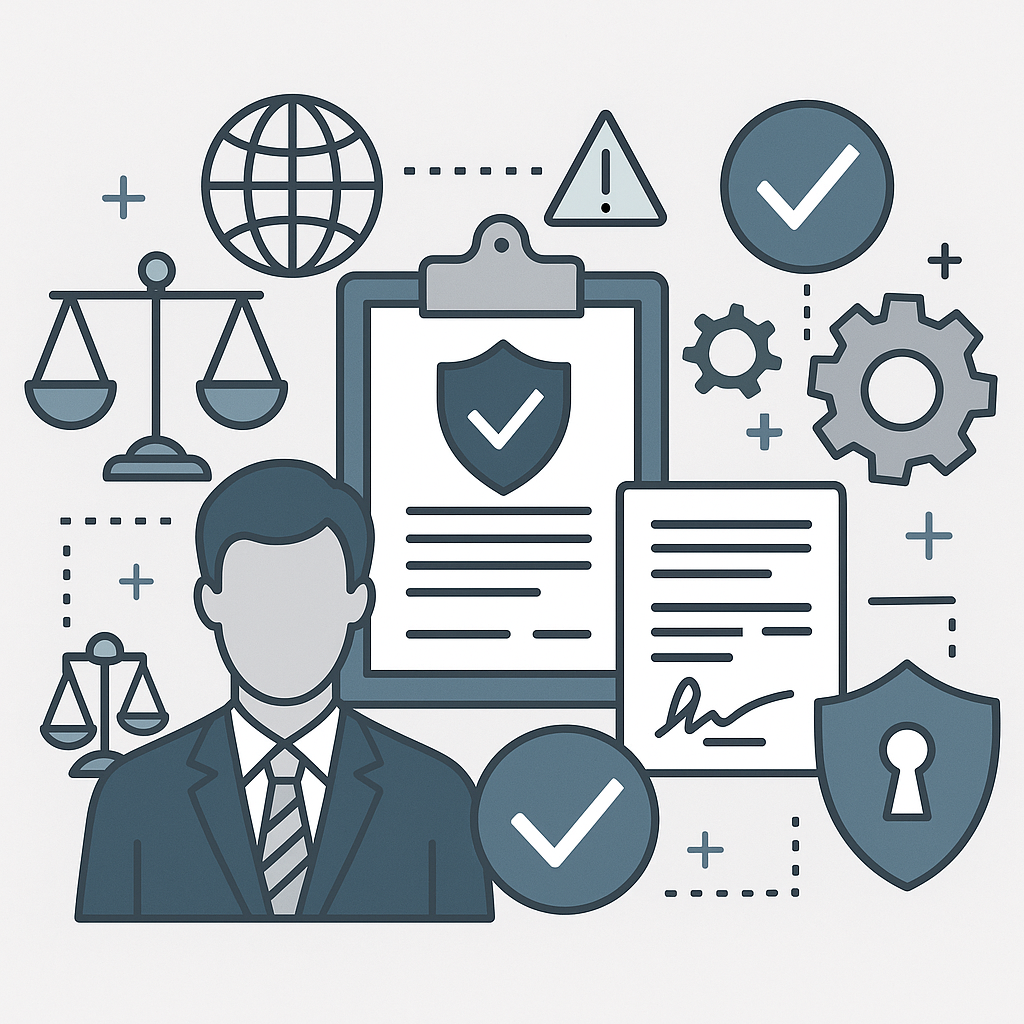An emotional distress lawsuit involves a plaintiff seeking compensation for emotional suffering caused by the defendant’s actions, even if there was no physical harm. To file an emotional distress claim, the distress suffered must be severe. Typical emotional distress claims stem from discrimination, harassment, defamation, invasion of privacy, or witnessing a loved one’s injury or death.

Elements of an Emotional Distress Claim
In most states, the key elements that must be proven are:
- The defendant’s conduct was extreme and outrageous
- The defendant intended to cause distress or knew that distress would likely result from their conduct
- The plaintiff suffered severe emotional distress as a result of the defendant’s conduct
- The emotional distress has negatively impacted the plaintiff’s life in some way
If the plaintiff fails to establish even one of these elements, the emotional distress claim will likely fail. The evidence needed is also higher than a normal civil dispute. Expert testimony is often used to attest to the distress suffered.
Settlement Amounts for Emotional Distress Lawsuits
Most emotional distress claims settle before trial. Settlement amounts vary drastically based on the facts of each case. Some key factors that impact settlement amounts include:
- Severity of the emotional distress
- Type of conduct that caused the distress
- Duration of the distress
- Any medical/psychological treatment obtained
- Lost wages/income due to the emotional distress
- Strength of the evidence
Smaller emotional distress settlements may award a few thousand dollars up to around $50,000. Larger settlements above six figures are possible in egregious cases that caused long-term psychiatric problems resulting in massive medical bills and lost wages. However, emotional distress damages are capped in some states.
Mental Distress Lawsuits
Mental distress is a specific form of emotional distress related to mental suffering rather than generalized mental anguish. The same legal standards and process apply in a mental distress claim as an emotional claim. However, stricter evidence is usually required showing clinically diagnosed psychiatric disorders like depression, anxiety, PTSD, insomnia, etc. If the mental distress was severe enough to force psychiatric institutionalization or intensive outpatient therapy, higher damages are likely. Medications and medical bills to treat mental health problems also increase potential settlement values.
Emotional Distress Lawsuits Against Employers
Workplace harassment, discrimination, retaliation, and other wrongful employer conduct can provide grounds for an emotional distress claim. If the conduct was pervasive enough, or if an employer failed to stop the behavior after complaints, significant emotional distress damages may be awarded. Key evidence in employment claims often includes inappropriate emails, texts, social media posts, or recorded conversations proving the conduct. Witness corroboration can also be key. If an employer’s actions caused a loss of income, those economic damages boost emotional distress settlement potential. Violations of employment statutes like Title VII provide additional leverage for higher payouts compared to wrongful termination suits alleging only emotional damages. During the discovery process, some employers decide to settle emotional distress claims due to the unpredictable nature of jury awards. Even workers labeled as “at-will” can successfully sue for emotional distress in some situations. One DoorDash class action lawsuit recently alleged failures to protect delivery drivers from assault, illustrating another potential employer liability.
FAQs
What is considered severe emotional distress?
Severe emotional distress involves mental suffering, anguish, or mental injury that goes beyond the typical hardship people face day-to-day. Symptoms may include depression, anxiety, panic attacks, PTSD, insomnia, nausea, suicide ideation, psychosomatic illness, etc. Inability to work or function normally in life also indicates severe distress warranting legal action.
What types of conduct can I sue for?
You may have grounds to sue if someone’s negligent, reckless or intentional conduct subjects you to abuse, threats, stress, harassment, violence, defamation, humiliation, invasion of privacy, witnessing trauma, etc. Employer discrimination and abuse of authority also often cause compensable emotional harm.
Can I get money for emotional distress without medical records?
Yes, but it is more difficult. Without medical records, you’ll need very credible testimony from witnesses and experts attesting to observable severe distress over an extended timeframe. Circumstantial evidence like changes in work attendance or habits carries some weight as well.
Do I need an attorney to file an emotional distress lawsuit?
No, but having an experienced personal injury or employment attorney increases your odds substantially compared to self-representation. The law around emotional distress claims contains many complexities best navigated by lawyers familiar with similar cases. An attorney’s demand letter also carries more weight to prompt better settlement offers pre-trial.
What if therapy helped me recover from the distress I suffered?
The fact you sought treatment still helps demonstrate you suffered legitimate distress, though settlements/awards decrease if the distress was temporary or effectively resolved through therapy. Having no lingering effects helps the defense argue distress wasn’t truly “severe” under the law. But the treatment costs themselves boost overall damages.
How much money can I get for severe emotional distress?
There’s no precise formula given the complexities of each case. Smaller settlements may award a few thousand dollars, while the upper limit stretches into the millions in extreme cases involving intentionally inflicted trauma, debilitating psychiatric problems, or severe lost earnings capacity. State damage caps also affect max payouts.
What evidence do I need to prove emotional distress?
Useful evidence includes medical records, therapy notes and bills, psychiatric medication prescriptions, clinical diagnoses, documentation of changes in work/life activities due to distress, and witness statements corroborating visible signs of mental anguish over an extended timeframe.
I’m not sure if my case qualifies as emotional distress. What should I do?
Consult with an experienced personal injury or employment attorney in your area. They can assess the specifics of your situation and advise if you meet the criteria under your state laws to successfully pursue an emotional distress claim. Each case has unique variables, so getting case-specific legal advice is key.
My boss constantly yells at me and calls me names. Can I sue for emotional distress?
Possibly. Verbal harassment and abuse from bosses can provide grounds for an emotional distress lawsuit against an employer. To have the highest chances of success, document every instance of mistreatment. Get copies of inappropriate emails, recordings of yelling, and witness statements from coworkers confirming they observed the behavior and your resulting distress. Consult an attorney to evaluate your options.
Related Posts:
ATF Agent Burk Lawsuit Outcome in 2022
Snapchat Class Action Lawsuit Illinois
Kraft Velveeta Mac and Cheese Lawsuit
Florida Unemployment Lawsuit: A Battle for Workers’ Rights
Daniel Peloton Instructor Lawsuit





